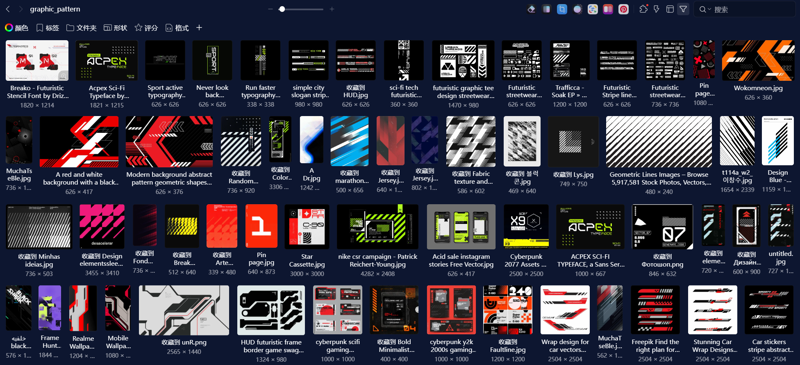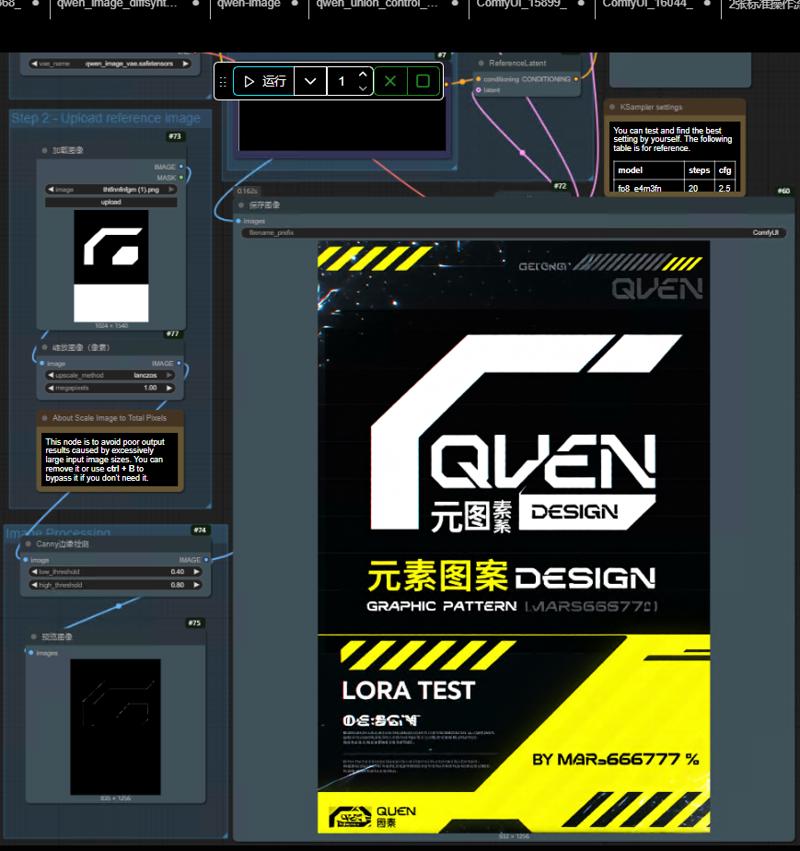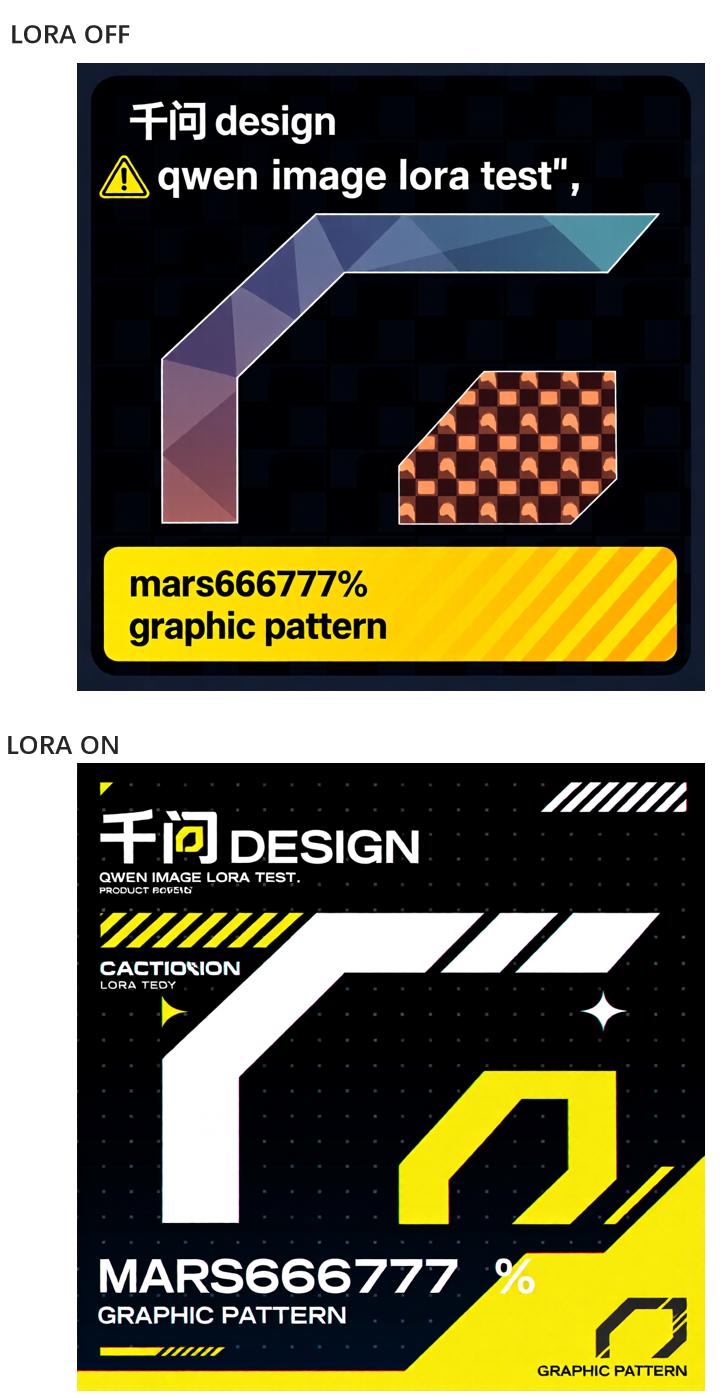Model Overview: Futuristic Graphic Pattern LoRA
appendix: kontext pattern extractor lora https://civitai.com/models/2046180/kontext-pattern-extractor
Design Focus & Capability
This model was trained using a collection of graphic elements with a functional/utility aesthetic (机能元素感). It is highly optimized for generating patterns that feature:
Geometric / Minimalist / Utilitarian (Mecha-Style) design.
Basic elements: Points, lines, and planes (基础点线面元素).
style includes:
Workflow & Technical Strengths
This LoRA is designed to leverage the advanced text and texture rendering capabilities of the Qwen-Image base model, which significantly outperforms models like Flux in this regard.
Text Integration: Users can directly describe both Chinese and English text content in the prompt, and the model will accurately generate it within the image.
Composition Control: We recommend pairing this LoRA with an Image DiffSynth Control LoRA (or similar tools) to achieve precise control over image composition.

prompt example: graphic pattern, the image showcases a digital interface with the label 'qwen 元素圖案 design' prominently displayed. below the label, there's a cautionary message 'GRAPHIC PATTERN LORA TEST '. the product body is described as ' BY mars666777% '. the background is predominantly dark, with a yellow highlighted section at the bottom. there's also a in the image, but their details are not clear.

Current Limitations & Recommendations
The primary current limitation is the lack of a style guidance mechanism (similar to Redux or IP-Adapter) specifically available for Qwen.
Prompt Dependency: Generated output is almost purely reliant on the prompt's quality and detail, meaning the proficiency of the text description directly impacts the final image result.
User Recommendation: i recommend finding reference images and using a reverse-prompting (interrogator) tool to extract the initial description.(like cog-vqa or other vqa caption models) Users can then modify this prompt as needed to generate their desired image.
Workflow Used & Future Development
Workflow: The workflow is based on the official Qwen workflows available on the Docs Comfy Org platform.
Future Plans: Future research will focus on developing more complex and systematic patterns that incorporate mathematical/geometrical principles for parameterized texture effects (参数化/数理几何).

